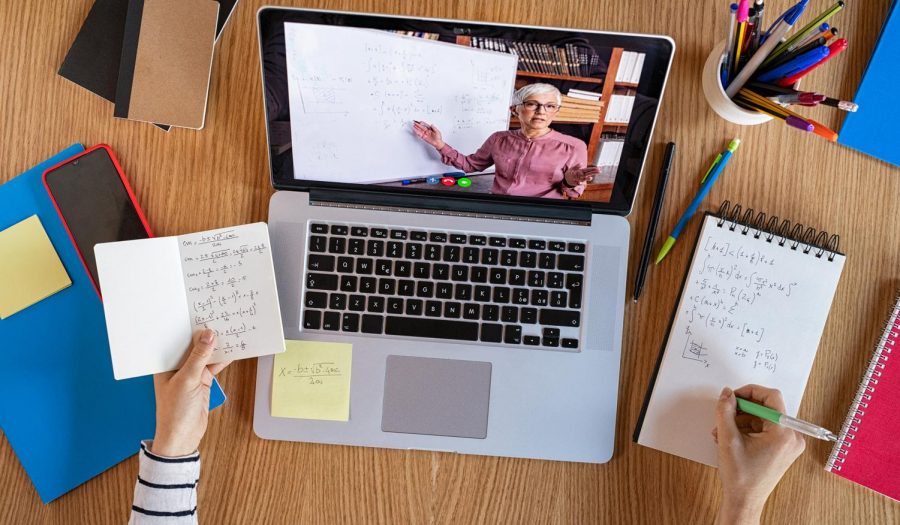The Case for Returning to School
Most of us want to get back to school. It can be dull for some and downright depressing for others to be stuck at home 24/7. While we know that the pandemic is still infecting more and more people each day, the risk in Berkshire County is relatively low compared to other areas within the commonwealth. Of course, it is difficult to say if we should fully go back, however, I ultimatley believe that returning in a hybrid model would be the best way to go.
The pandemic is no joke. We should wear masks and follow social distancing protocols. However, the CDC states that “The risk for complications of healthy children is higher for flu compared to COVID-19.” It doesn’t make sense that our school closes for COVID-19 but doesn’t close for the flu when the flu is more dangerous for children than COVID-19.
Even though this infection is not a huge public health risk for children, we have to consider the impact on our parents and other teachers and high risk individuals in our community. This being said, if a parent or custodian feels unsafe they can simply tell the school they want their children to go fully remote. Any parents who don’t want to take the risk don’t have to. But most parents would rather send their children to school, as we saw when we were still in the hybrid model.
Furthermore, by following the CDC and school guidelines and safety protocols for stopping the spread, the risk of infecting others is relatively low. It is true that some teachers are at high risk as well, especially if they have underlying conditions. We need to protect our teachers and we can achieve this by allowing those who need to to stay at home.
It is important to acknowledge that in-person learning is much more effective than remote learning in many ways. A big advantage of in-person learning is there are fewer distractions in a classroom setting. At home, it is much harder to stay engaged in class. It is also much easier to skip class at home. Anyone can claim their internet wasn’t letting them on when trying to get into class. In school, you don’t have those excuses.
Finally, remote learning has also been seen to lead to depression among students, which may be an even greater public health concern than COVID-19 . According to the CDC, mental health related emergencies among minors have increased dramatically during 2020. This is a big problem that could most likely be helped by transitioning back into the hybrid model. A recent study from America’s Promise Alliance found 30% of young people (ages 13 to 19) have had feelings of unhappiness and depression. If we were to go back to the hybrid model of learning, these problems would probably improve significantly.
An important part of learning is socialization and collaboration with other students. We are missing this and it is impacting our education. There is no easy answer to the question of whether we should go back to in person or stay fully remote, but I believe that the data and the public health community support in person learning.





